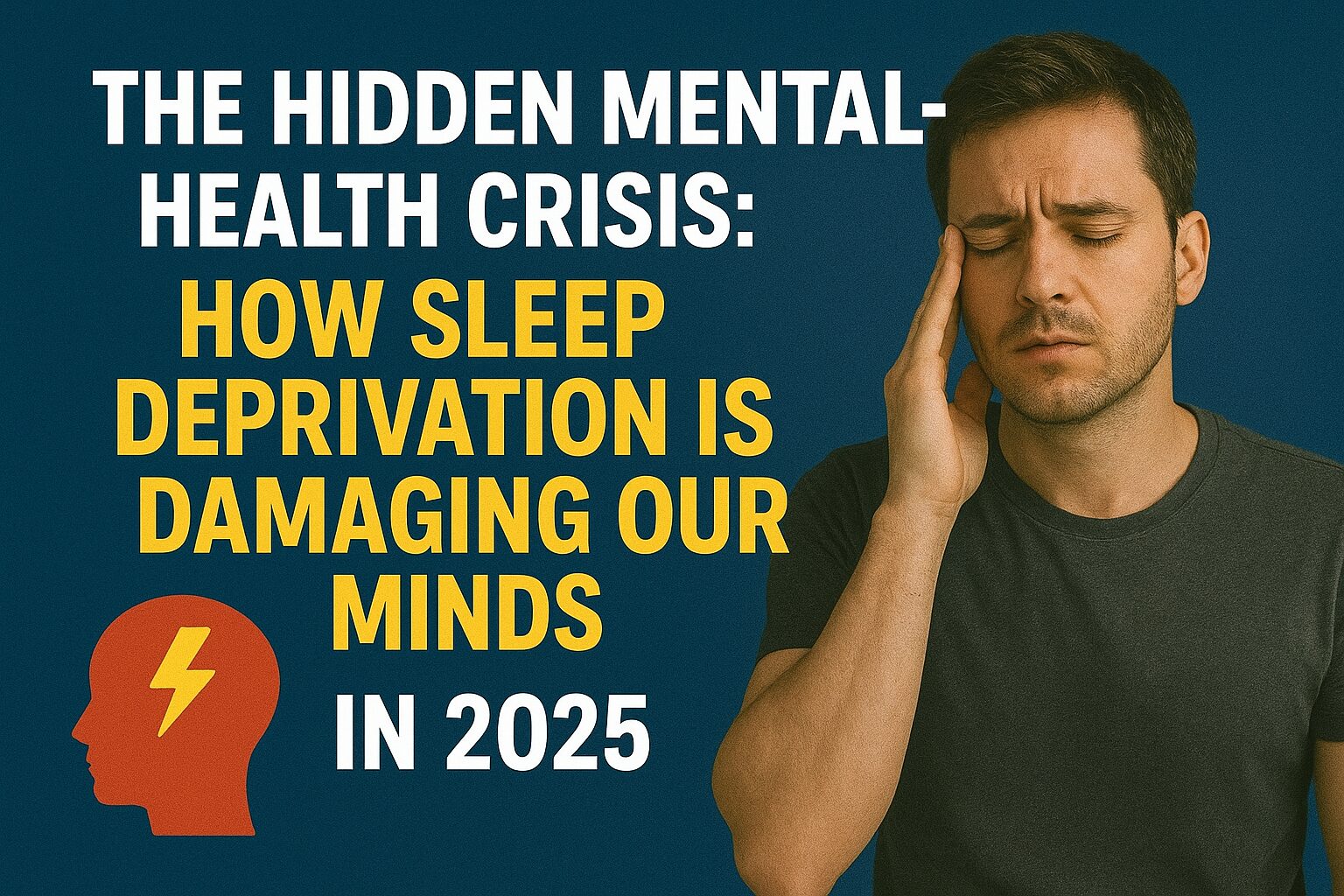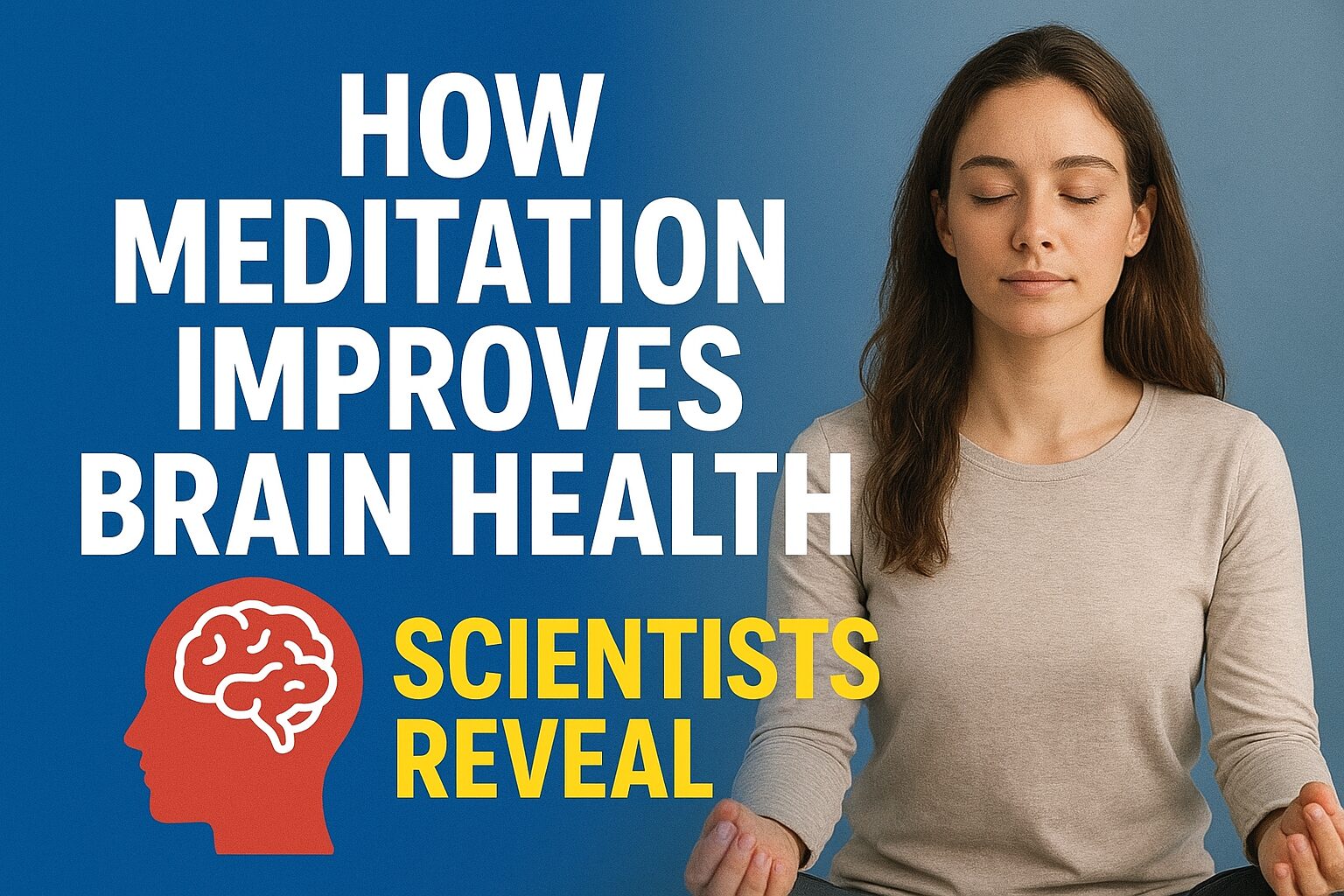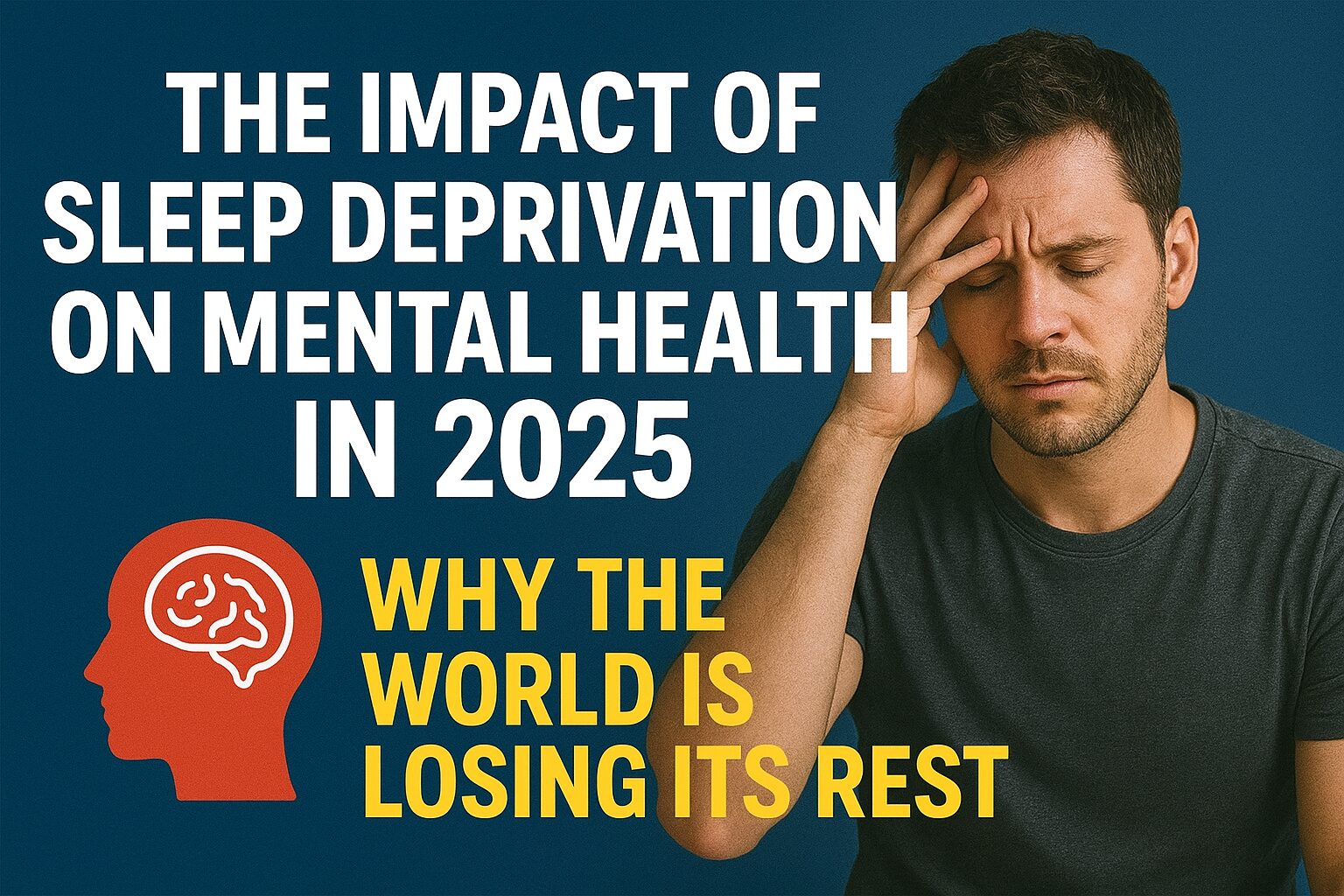In 2025, the global food industry is more advanced — and more artificial — than ever. From ultra-processed snacks to instant meals, convenience has overtaken nutrition. But new research reveals a darker side: these foods may not only harm the body — they’re silently reshaping how our brains function.
Scientists warn that ultra-processed foods (UPFs) are linked to rising rates of depression, anxiety, memory loss, and even early cognitive decline.
1. The Processed Food Explosion
Over the last decade, consumption of ready-to-eat packaged foods has grown by 45% globally, driven by busy lifestyles and aggressive marketing.
These foods are typically high in refined sugars, trans fats, sodium, and chemical additives — but low in real nutrients.
A 2025 study published in The Lancet Psychiatry found that people who get more than 60% of their calories from processed foods are twice as likely to develop mood disorders than those who eat whole foods.
Dr Ritu Malhotra, a nutrition neuroscientist, explains:
“We’ve long known that junk food affects the body. What’s new is how deeply it impacts the brain’s chemical balance, memory formation, and emotional control.”
2. What Are Ultra-Processed Foods (UPFs)?
UPFs go beyond traditional packaged snacks. They include products that are industrially formulated to taste good and last longer — but are far removed from their natural ingredients.
Common examples include:
- Instant noodles & ready meals
- Packaged pastries & sweets
- Flavored chips & snack puffs
- Sweetened breakfast cereals
- Carbonated & energy drinks
- Frozen fast-food items
These products often contain emulsifiers, stabilizers, colorants, and flavor enhancers designed to make the brain crave more — creating a cycle of addiction similar to nicotine or alcohol.
3. How Processed Foods Affect the Brain
a. Gut-Brain Connection Disruption
The human gut is home to 100 trillion bacteria that directly influence mood and cognition. Processed foods destroy healthy gut flora, leading to inflammation and “leaky gut,” which can trigger anxiety and depression.
b. Dopamine Overstimulation
Sugar and fat combinations found in junk food flood the brain with dopamine — the “pleasure chemical.” Over time, this dulls natural reward systems, leading to dependency and emotional instability.
c. Inflammation & Brain Fog
Additives and trans fats trigger neuroinflammation, reducing blood flow to key brain regions like the hippocampus — the center for learning and memory.
d. Nutrient Deficiency
A diet high in UPFs lacks Omega-3 fats, magnesium, zinc, and B-vitamins — all vital for brain repair and neurotransmitter production.
e. Hormonal Imbalance
Artificial sweeteners and preservatives disrupt hormones like insulin and cortisol, affecting sleep, mood, and focus.
4. The Mental-Health Toll in 2025
- Depression: Studies show a 33% higher risk in people with UPF-heavy diets.
- Anxiety: Additives like sodium nitrite and MSG increase stress hormones.
- Cognitive Decline: Long-term consumption impairs memory and processing speed.
- Addiction: Highly processed foods alter reward pathways, making them as habit-forming as drugs.
Dr Malhotra adds:
“Food companies know exactly how to target the pleasure centers of your brain. These products are designed to keep you coming back — not to keep you healthy.”
5. Signs Your Diet Is Affecting Your Brain
You may be consuming too many processed foods if you notice:
- Frequent mood swings or irritability
- Brain fog or short attention span
- Sleep disturbances
- Cravings even when full
- Low motivation or mental fatigue
These symptoms often vanish within weeks of switching to a more natural, nutrient-rich diet.
6. The Power of Real Food: Healing the Brain Naturally
a. Eat “Brain-Friendly” Nutrients
- Omega-3 fatty acids (from fish, chia, walnuts) for neural repair
- Antioxidants (berries, leafy greens) to fight inflammation
- Whole grains for steady glucose supply
- Fermented foods (yogurt, kimchi) to restore gut health
b. Follow the 80–20 Rule
Make 80% of your diet whole foods, and allow 20% for indulgence. This helps sustain discipline without guilt.
c. Hydration & Sleep
Adequate water intake and proper sleep amplify the benefits of clean eating.
d. Mindful Eating Habits
Avoid eating in front of screens. Savor food slowly — it signals the brain when you’re full and prevents overeating.
7. The Future of Food & Mental Wellness
The world is slowly shifting toward “neuro-nutrition” — a movement combining neuroscience and diet science. By 2025, several startups are creating personalized meal plans based on brain-type and emotional patterns.
Governments are also considering warning labels for foods linked to depression and cognitive decline.
“Food is not just fuel — it’s information for your brain,” says Dr Malhotra. “Every bite tells your neurons how to feel and function.”
Conclusion
The processed-food revolution has come at a hidden cost — our mental clarity and emotional stability. What we eat daily doesn’t just shape our bodies; it sculpts our thoughts, feelings, and focus. By returning to real, whole foods, we can reclaim mental balance, energy, and long-term brain health.
- Related: The Impact of Sleep Deprivation on Mental Health
- Related: Teen Anxiety in 2025












